“High Crimes” is a 2002 legal thriller directed by Carl Franklin, starring Ashley Judd, Morgan Freeman, and Jim Caviezel. Based on the novel by Joseph Finder, the film blends elements of suspense, legal drama, and psychological tension, unraveling a conspiracy involving military cover-ups and deception.
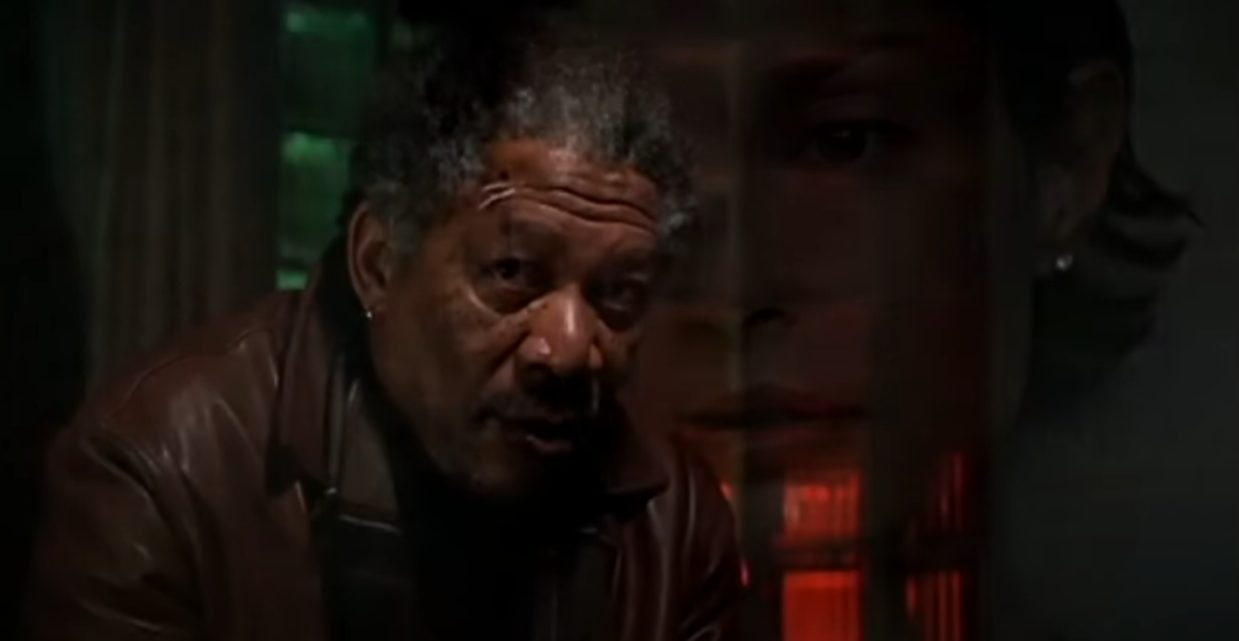
Plot Overview
Claire Kubik (Ashley Judd) is a successful San Francisco attorney living a seemingly perfect life with her loving husband, Tom Kubik (Jim Caviezel). However, their idyllic life is shattered when Tom is suddenly arrested by the FBI and accused of being Ron Chapman, a former Marine accused of committing war crimes.
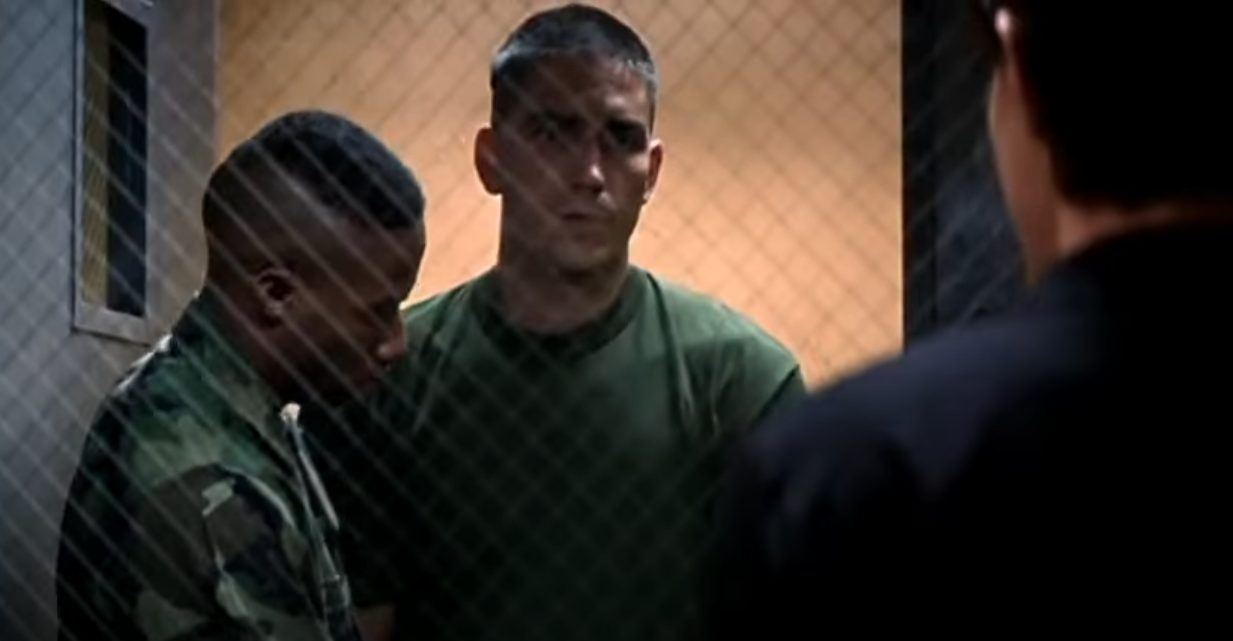
Tom is charged with the mass murder of civilians in El Salvador during a covert military operation in 1988. The military claims he led a squad that slaughtered innocent villagers during a mission to eliminate insurgents. Tom insists he’s innocent and that the military is framing him.
Determined to defend her husband, Claire dives into the complex world of military law. Since she’s unfamiliar with military legal procedures, she enlists the help of Charles Grimes (Morgan Freeman), a brilliant but alcoholic former military attorney. Together, they begin to uncover inconsistencies in the government’s case.
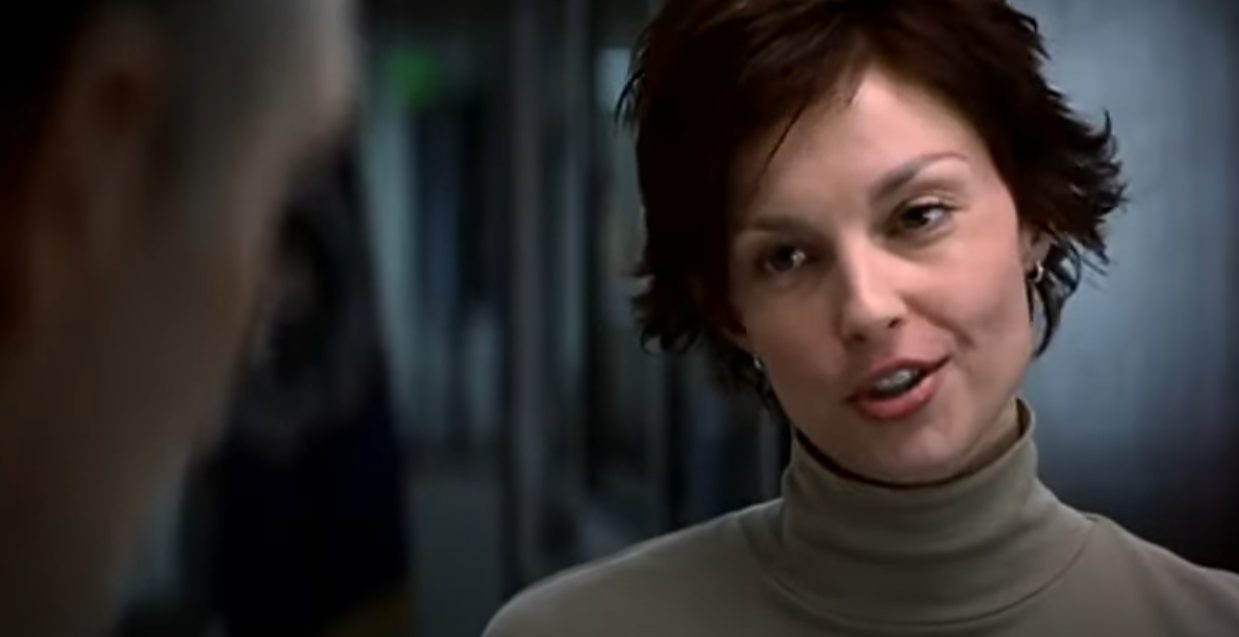
Main Events
The Military Cover-Up:
As Claire and Grimes investigate, they realize the military is hiding something. Witnesses are either uncooperative or mysteriously die. The deeper they dig, the more it becomes evident that Tom might be a pawn in a larger cover-up involving corrupt military officials.
Lieutenant Embry’s Death:
A key witness, Lt. Embry, who could testify about the mission, is found dead in an apparent suicide. However, Claire and Grimes suspect foul play, suggesting the military is eliminating threats to their narrative.
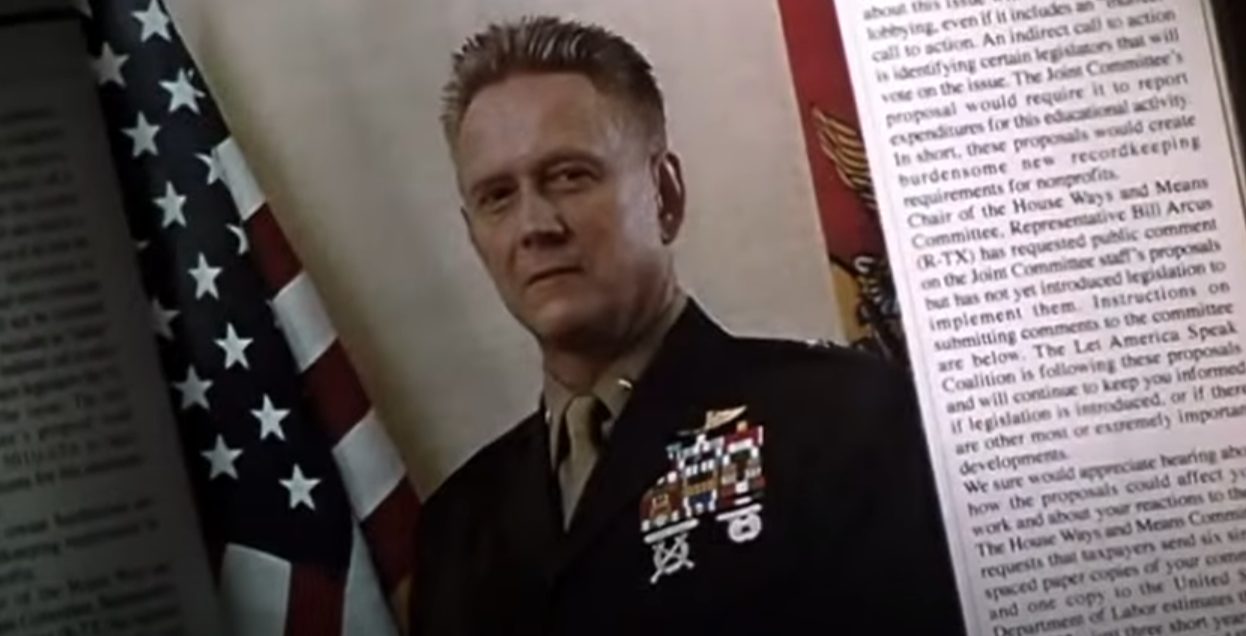
Tom’s True Identity:
The central mystery is whether Tom is innocent or hiding a dark past. His evasive behavior and reluctance to share details about his past raise Claire’s suspicions. Yet, he continuously claims he’s being framed for something he didn’t do.
Lieutenant Hernandez’s Testimony:
Lt. Hernandez, another witness, reveals that Tom was present during the massacre but accuses Major Hernandez (no relation) of ordering the killings. This testimony contradicts the military’s narrative but is discredited during the trial due to the witness’s alleged mental instability.
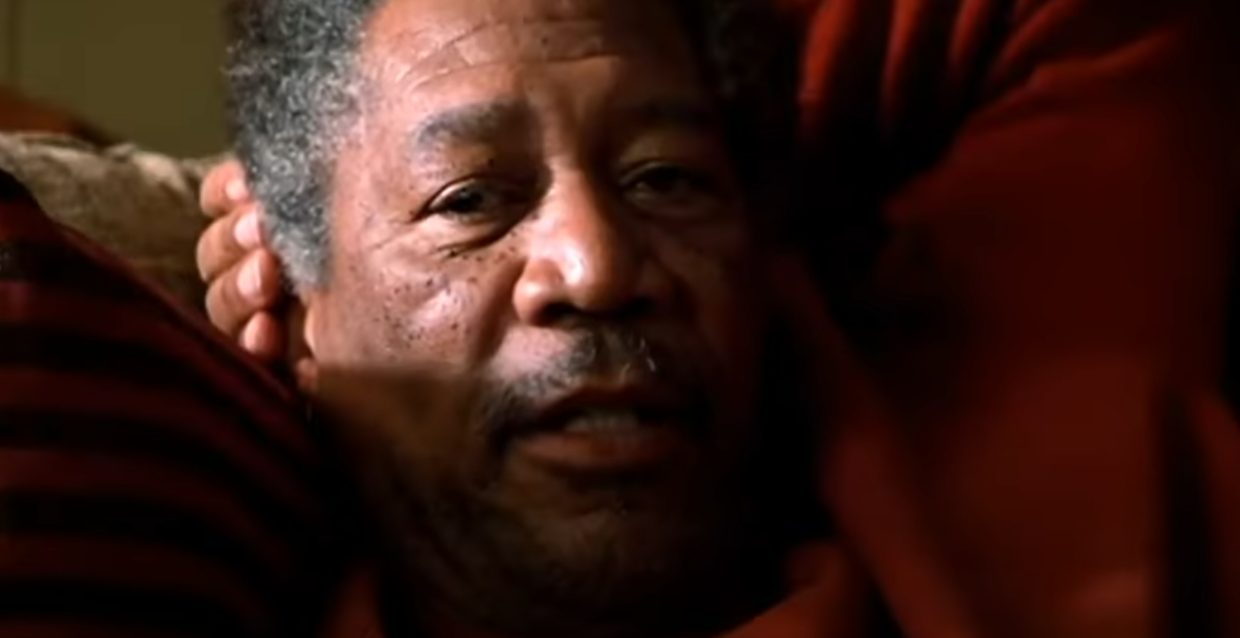
The Shocking Twist – Tom’s Guilt:
In the film’s most shocking twist, Claire discovers that Tom is indeed Ron Chapman and that he did commit the murders. His calm and composed demeanor was a facade hiding his true nature. Tom manipulated Claire throughout the trial, using her legal expertise to evade justice.
Tom’s Attempted Murder:
After Claire confronts him, Tom becomes violent, attempting to kill her to silence her discovery. However, Charles Grimes intervenes and fatally shoots Tom, saving Claire.
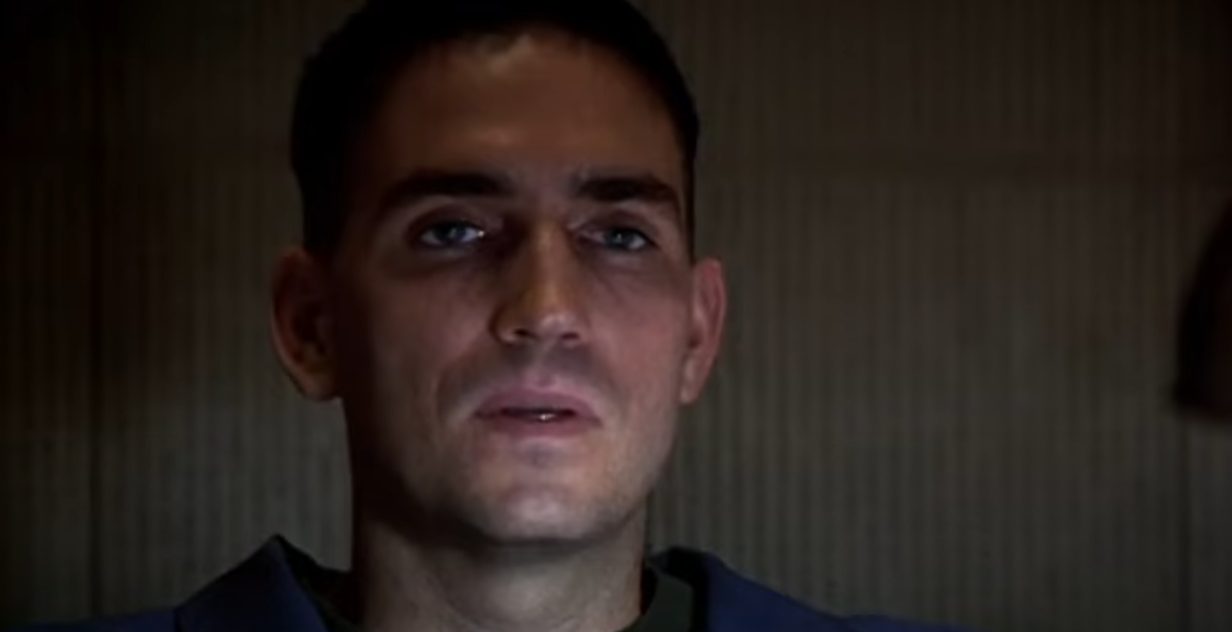
Review and Key Elements
Trust and Deception:
The film explores how trust can be manipulated. Claire’s unwavering trust in her husband blinds her to the truth. The narrative challenges the audience to question appearances and trust in relationships.
Justice vs. Cover-Up:
The story delves into military corruption and how powerful institutions can manipulate the truth to protect their interests. The military’s cover-up reflects how far systems will go to protect their own.
Identity and Truth:
Tom’s dual identity raises questions about how well we truly know our loved ones. His ability to maintain a facade emphasizes the theme of hidden truths.
Survival and Strength:
Claire’s journey from a confident lawyer to a betrayed wife fighting for her life showcases resilience and personal strength in the face of betrayal.
Roger Ebert: Awarded the film 3 out of 4 stars, noting that while Judd often portrays strong, intelligent women in peril, “High Crimes” keeps the audience engaged with its unfolding mysteries.
Rotten Tomatoes: The film holds a 31% approval rating based on 133 critic reviews, with an average rating of 4.8/10. The consensus states that “Ashley Judd and Morgan Freeman make this predictable affair watchable.”
Metacritic: It has a score of 48 out of 100, indicating “mixed or average reviews” from 33 critics.
IMDb: Users rate the film at 6.4/10 based on approximately 49,000 ratings, reflecting generally favorable audience feedback.
The Ending Explained
After Tom’s death, the truth about the El Salvador massacre is never fully brought to light. The military quietly closes the case, avoiding exposure. Claire is left emotionally scarred but stronger, having survived deception and betrayal.
In the end, justice is served, but not through the legal system. Instead, it comes through Claire and Grimes stopping Tom before he could harm anyone else. The military escapes accountability, underscoring the theme of institutional power and corruption.
Final Thoughts
“High Crimes” is a gripping thriller that keeps the audience guessing until the very end. Its shocking twist—that Tom is guilty—subverts typical legal drama expectations, adding psychological depth to the narrative. The film effectively blends suspense, courtroom drama, and character-driven storytelling to explore themes of trust, deception, and institutional corruption.




